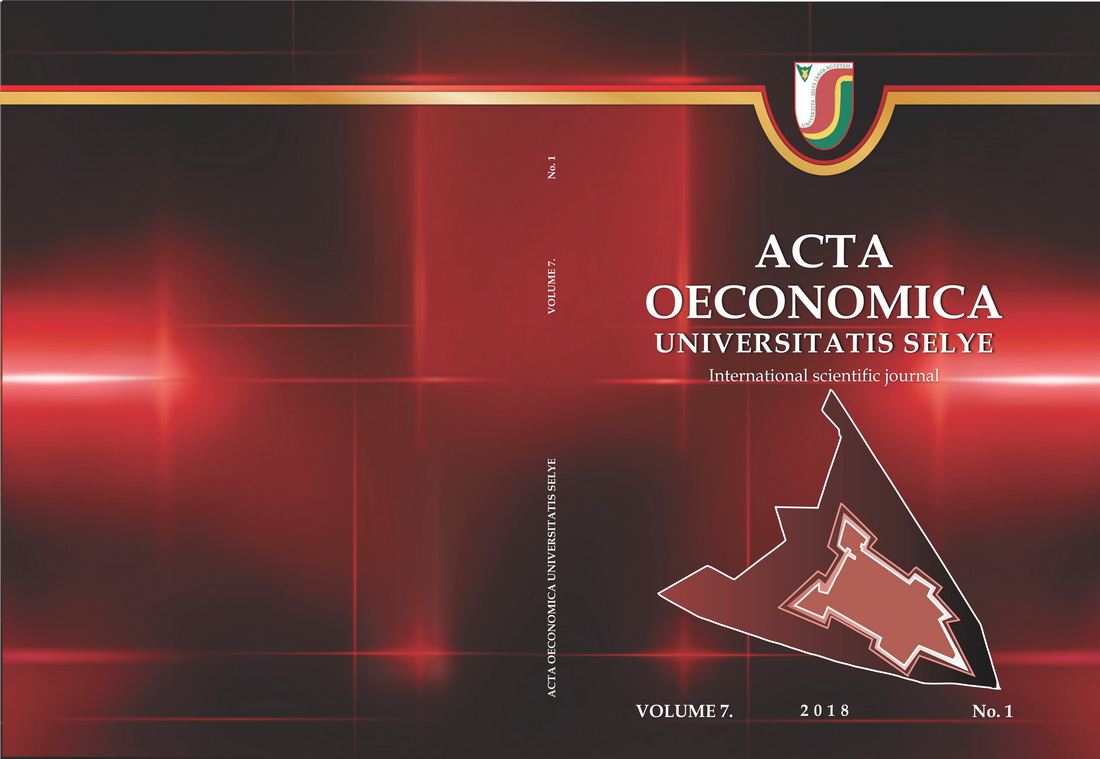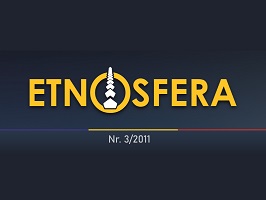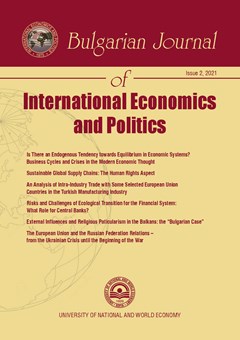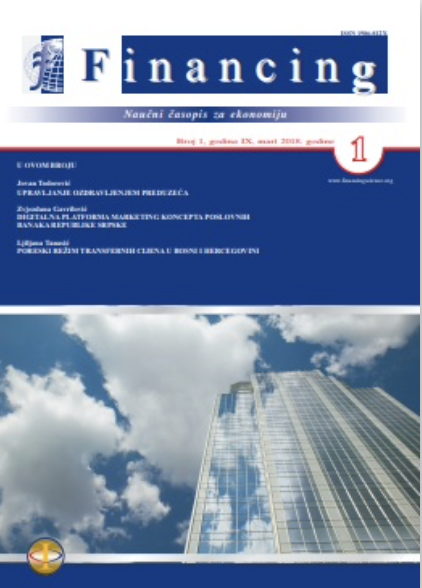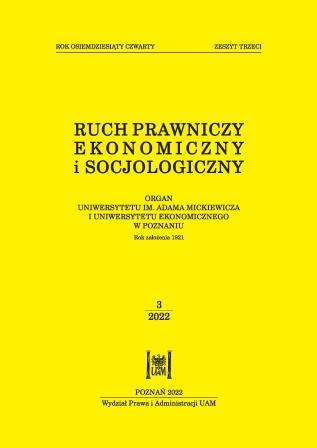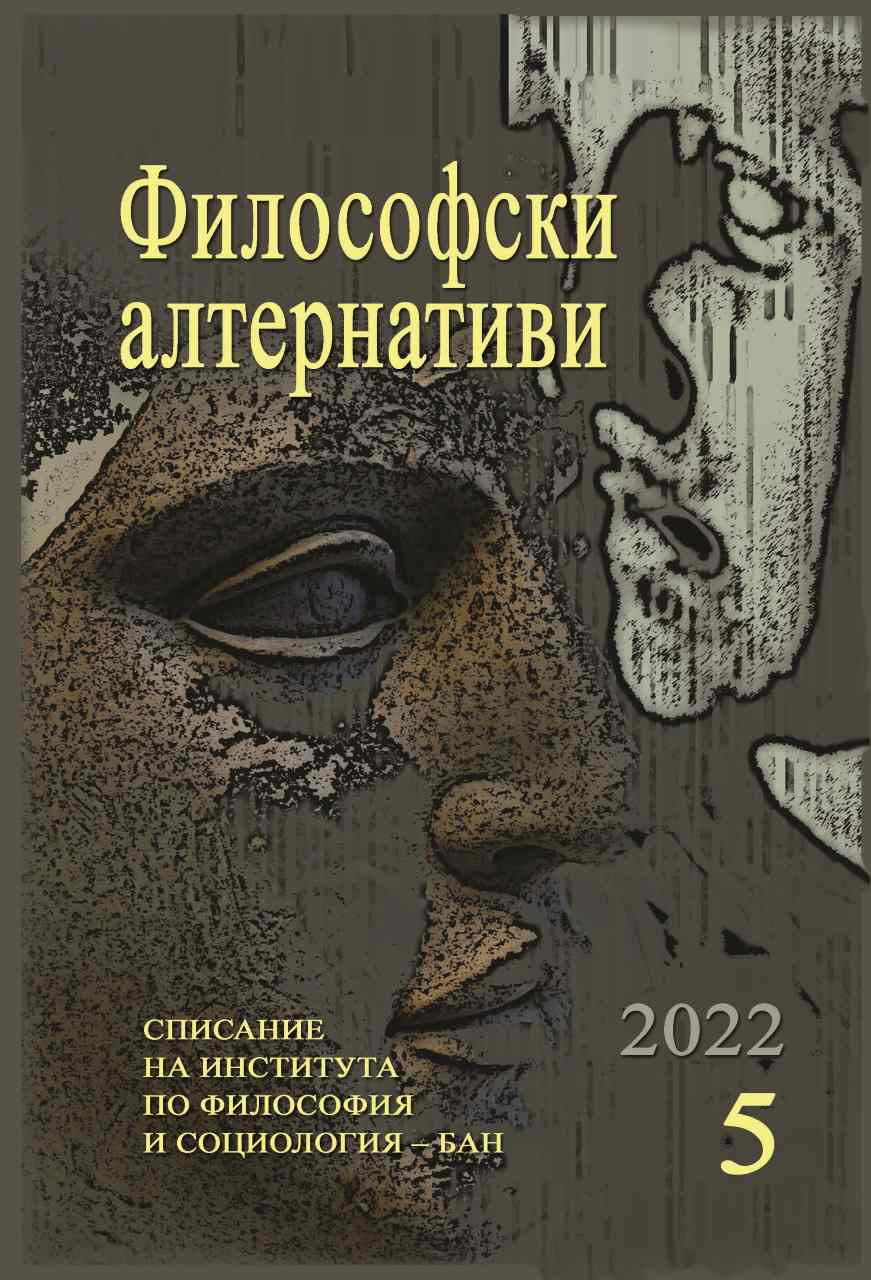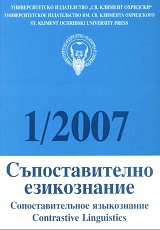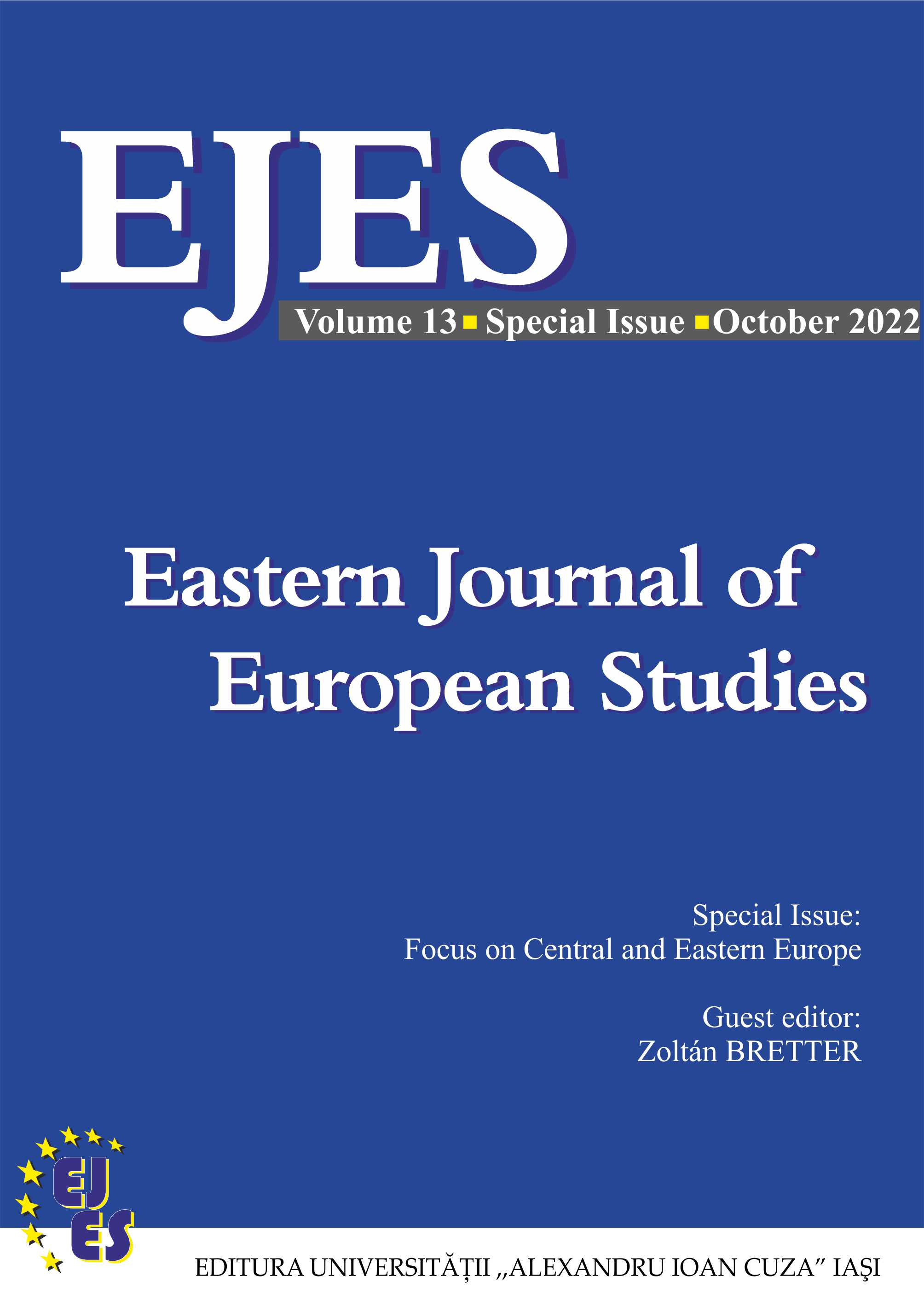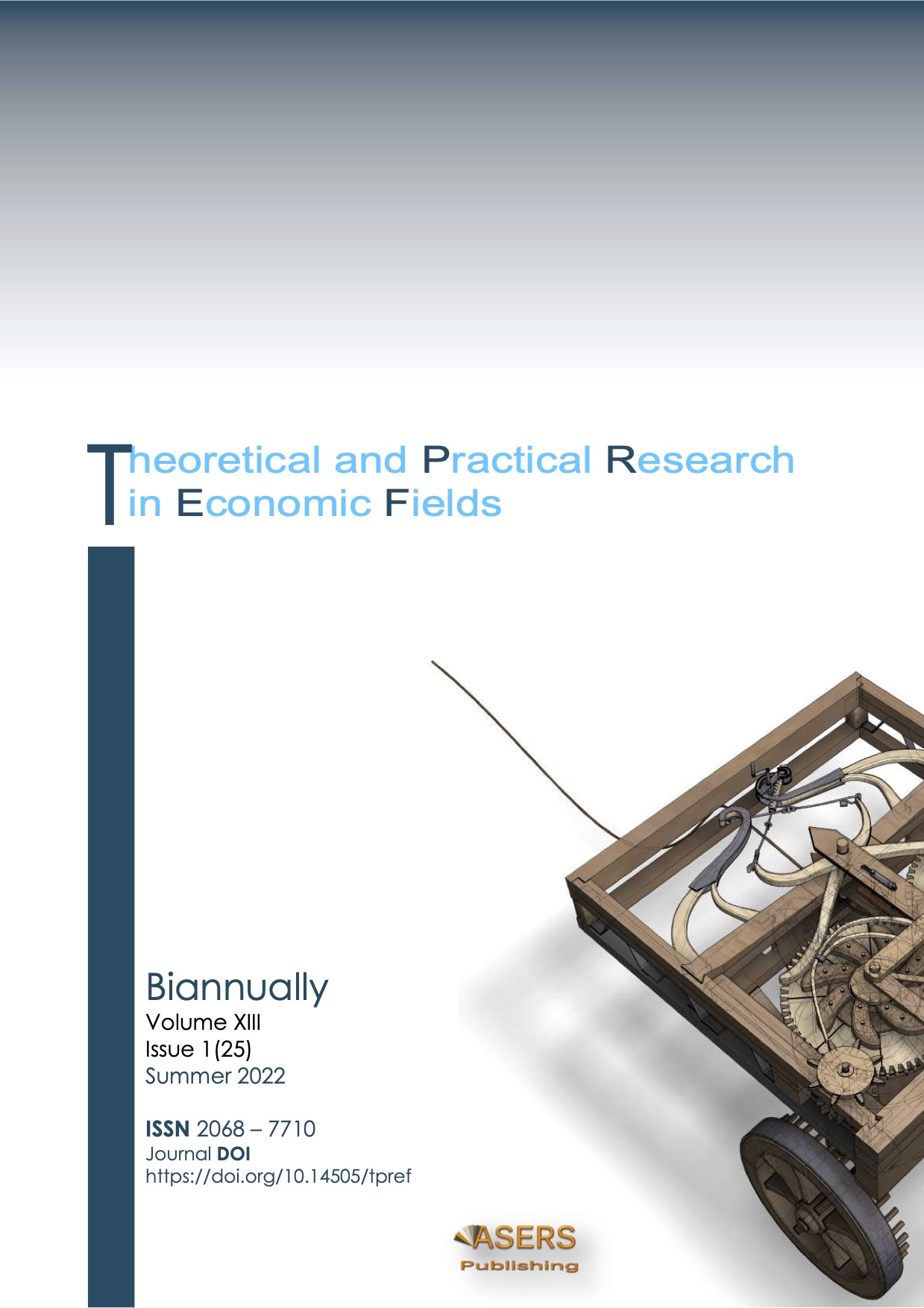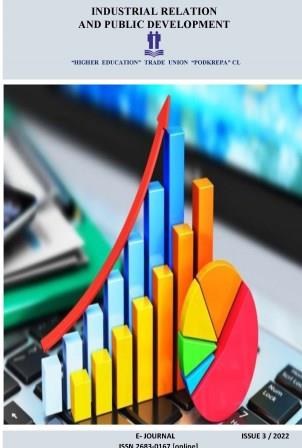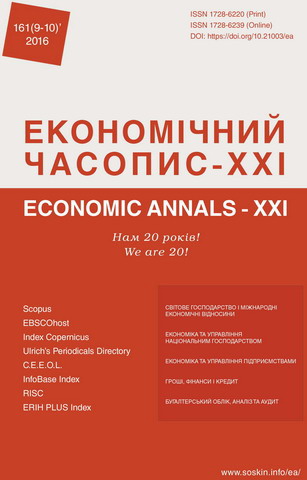
Public debt of Ukraine: current status and options for its optimization
There is an urgent need to decrease the size of debt in Ukraine, but instead recently the amount of public debt has been increasing and potential sources of debt repayment of the previous periods were reducing. Therefore, improvement of the efficiency of public debt management and search for optimization of state’s external debts are major challenges. The research is aimed to assess current state of Ukraine’s public debt, and to define tools that would allow to reduce it and to optimize international borrowing. The authors offer to use a system approach to debt management by providing the Committee on debt security management with major authorities in this area.
More...
